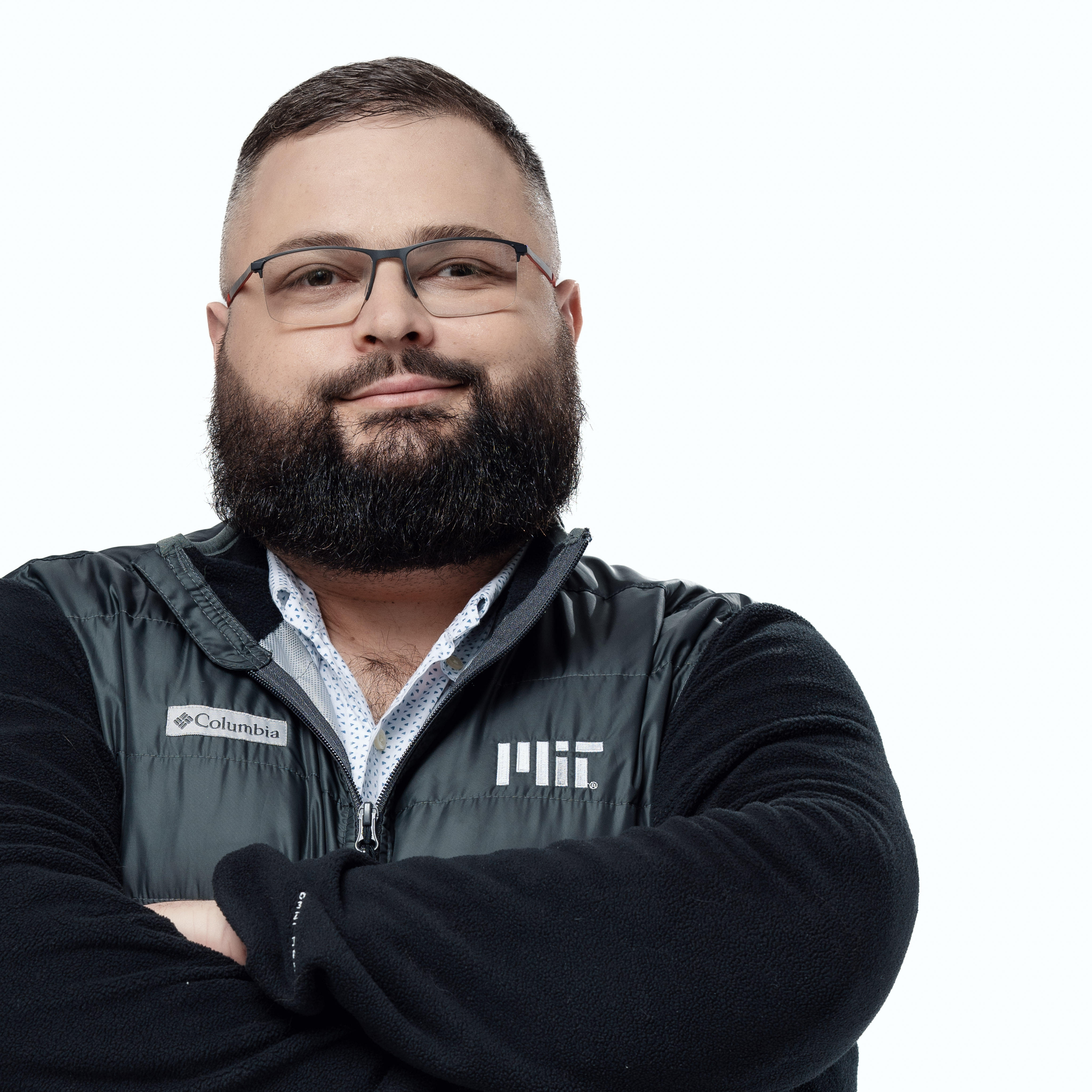Matt Kurleto | Source | CEO & Founder at Neoteric

Matt Kurleto
Matt Kurleto is a seasoned entrepreneur with a rich background in strategy and innovation. He founded Neoteric, a leading boutique AI consulting firm that guides clients from AI strategy to implementation, providing them with awarded AI development services. With over 100 workshops and training sessions under his belt, Matt is a skilled facilitator. As the head of strategy for the TechSeed accelerator, he has hands-on experience in scouting and scaling innovations across various industries.
As an acclaimed keynote speaker and LinkedIn Top Voice in AI, Matt is known for his insightful and engaging presentations. He is currently pursuing an Advanced Certificate for Executives (ACE) in Strategy and Innovation at MIT.
-
Neoteric
CEO & Founder
started Jan 2014
-
How to build a sustainable startup ecosystem | Mateusz Kurleto | TEDxKoszalin
Startups are becoming the most important growth factor for many European cities. Together with Brexit, Europe lost the only city that could compete with world leaders like Silicon Valley. Startup Hansa follows in the footsteps of the 14th century organisation, whose success resulted from the use of data. By integrating the main innovation hubs, it creates a sustainable startup ecosystem. Since childhood in IT, entrepreneur for 14 years, founder of Neoteric - a 90-person company producing software for startups and corporations, cooperating mainly with clients from the United States. The originator of start-ups: Appoint.ly, SkillHunt and SaaS Manager, which as spin-offs from Neoteric collected over 2M PLN in investment. As Head of Strategy, he is responsible for the strategy and program of TechSeed accelerator, which offers business founders of software startups from abroad an acceleration program in Poland focused on software development and not business. This talk was given at...
Video -
Generative AI + Domain Expertise | AI Talks with Julien Simon (Hugging Face)
Let’s face it: there’s no such thing as a perfect AI model. No model exists that is 100% accurate all the time. Yet, when implementing AI-powered solutions, we all want them to be reliable. So, how to make them perform better for our use cases of choice?
Video -
Episode 3 — Matt Kurleto / Neoteric. Clutch №47 / FZTAH Podcast
Story behind Neoteric's ascent from a nascent software development firm out of Gdansk, Poland to a beacon of global excellence in AI development with enterprise clients in the USA.
Podcast
-
The goal of PoC development is to fail fast. At the same time, you want to ensure that your innovations bring value to the company.
How to align those goals that seem opposite at first glance? The key factor is to judge the success of a program, not the project. This means tracking the impact of every experiment you run and expecting that the return on investment brought by successful projects will cover the losses from those that fail.
If you fail projects fast, you save the budget.
Implementing AI in a certain area can take several years. It's a big bet with a big budget, and it can still fail. So, instead of placing those big bets you divide your goals into small experiments and test your assumptions with as little resources as possible. This enables you to focus on what works rather than hoping for the best with one big bet.
-
AI innovation isn't just about implementing cutting-edge technology. It's about managing the human factor—the people who will use it, be impacted by it, and judge its success. Here are the three golden rules for stakeholder management when innovating with AI:
1. Stakeholder Alignment
Ensure everyone is moving toward a shared goal. If users expect human interaction but are forced to use a bot, frustration can outweigh the benefits. Alignment is key to satisfaction.2. Stakeholder Engagement
Ask yourself: Will stakeholders embrace the solution? Will they invest their time or resources? Engaged stakeholders are critical for development, adoption, and long-term success.3. Stakeholder Expectations
What does success look like to your stakeholders? Is it ROI, improved KPIs, better customer experiences, or enhanced brand positioning? Manage and meet these expectations to win their trust.Ultimately, people will decide whether your AI innovation truly makes their lives easier. Prioritize stakeholder management, and your AI project will not just work—it will thrive.



